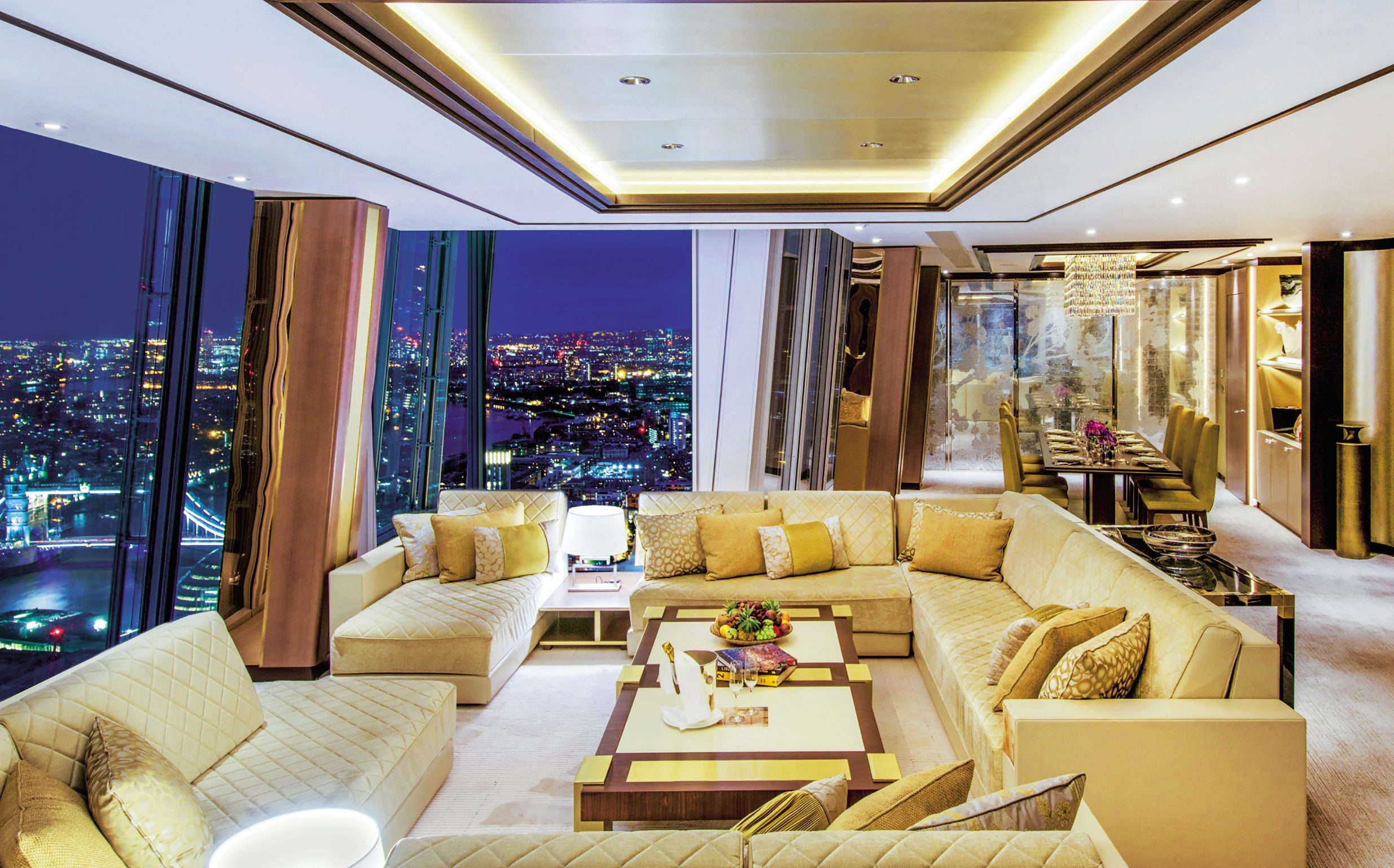
Younger generations have no idea what it was like when Marathon was rebranded as Snickers. For me, and others who are old enough to remember, that was a somewhat pivotal moment in popular culture. But that was 1990. A different time. The equivalent of that in today's world is the luxury conglomerations of LVMH et al, and the changing names of well-known hotels, as they become part of big Asian brands with a global vision.
They suggest an improvement on Western standards. Why do Asian hotel brands overseas suggest something higher quality? I'd say it's in their approach, and how they've shaped hotel culture and service. They are as much a part of life in their home countries as the nougat, caramel and peanuts in a Marathon or Snickers bar.
When I was staying in hostels and thinking £100 on a hotel room was out of my league, my perception changed on my trip to Hong Kong, where hotels are integrated into community, hotels aren't just for sleeping, they're spaces for socialising – you create a generous space in the city, and a place where others can rest.
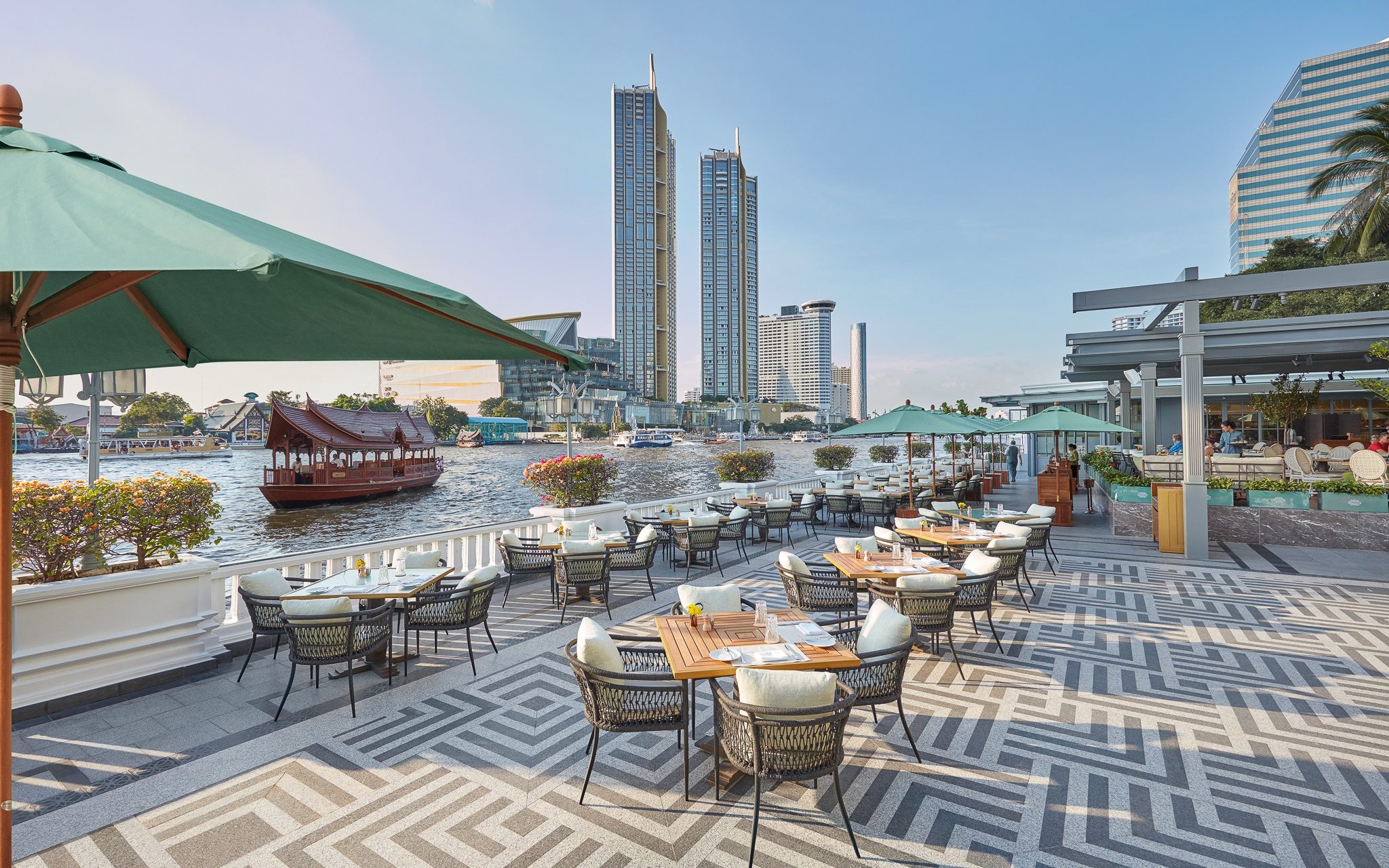
It's not that European brands aren't expanding - we've seen Belmond spreading from Rio to Florence, while Maybourne has added Emory to its London portfolio alongside the Berkeley and Claridge's, as well as opening in Beverly Hills and on the French Riviera. However, their drive and pace aren't on a par with those of their Asian counterparts.
Glossy magazines at a mid-range price point in trendy yet lesser-known cities (Cologne, Düsseldorf and Frankfurt).
In the coming year, Mandarin Oriental is taking over two well-known and successful luxury hotels in Europe: the Conservatorium in Amsterdam, and Hôtel Lutetia in Paris. It's a pretty bold move. When Raffles opened a London outpost at the Old War Office in 2023, it was taking over a historic landmark, but one that hadn't previously been used by any hotel clientele. Those hotels in Amsterdam and Paris have a well-established character. I've always been a fan of the Conservatorium because it feels distinct and a bit quirky, and it's unbeatably luxurious. It's always seemed to be an independent operation.
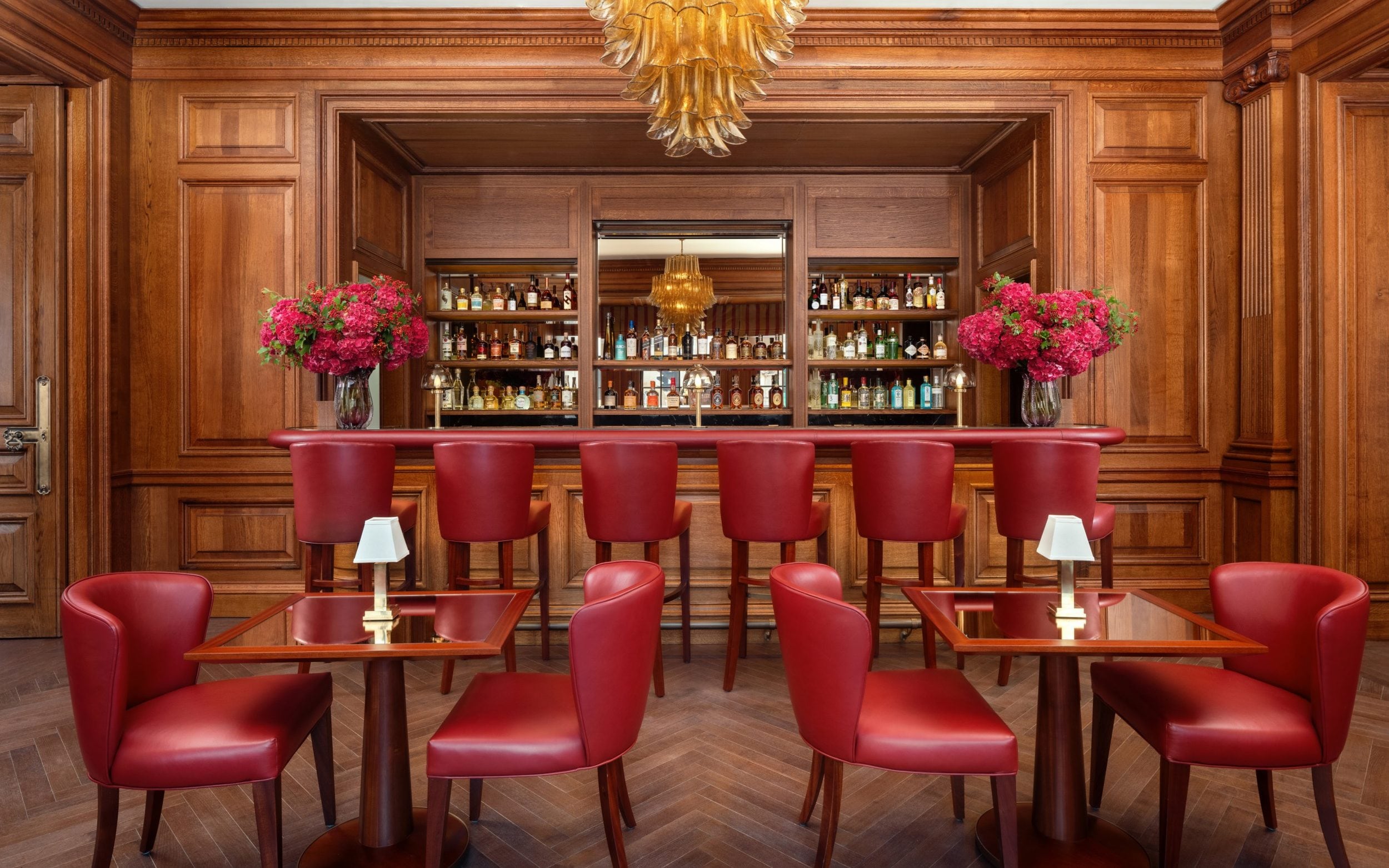
This is why the takeover is likely to be successful. I spoke to Francesco Cefalu, the chief development officer at Mandarin Oriental, and asked him about the group's requirements and plans. "Europe remains a priority as part of our aggressive expansion strategy to double our portfolio within the next ten years," he said. "We focus on properties that offer a unique sense of place, allowing us to create culturally rich experiences. The infrastructure and design must allow us to provide the service and innovative amenities for which we are famous. Europe has a timeless appeal as a global centre for culture, history and luxury tourism."
In 2023, ahead of the opening of the Anantara Grand Hotel Krasnapolsky Amsterdam, the hotel's general manager Arne Heuwekemeijer said: “Asian hospitality is distinct from Western hospitality. In Thailand, people [in hospitality] believe it's their duty to make people happy, not just a job. We bring staff from some European hotels to us and we immerse them in the brand and the experience, including all the training, for three to six months prior to a hotel opening.” Anantara also traditionally sends a team from Thailand to a hotel for at least a year to train the European staff.
Anantara began life in 2001 as a hotel group specialising in Thai properties and is now represented across Europe and the Middle East. In recent times, it has taken over numerous well-established hotels. The Grand Hotel Krasnapolsky commenced operations in 1866. The White Room restaurant opened in 1885, and when I dined there recently, it retained its original aesthetic, a predominantly white and gold colour scheme featuring crystal chandeliers. In the kitchen, chef Tristan De Boer prepares some of the Netherlands' most delicious and intriguing dishes. The hotel boasts a strong character, and the service is exceptional.
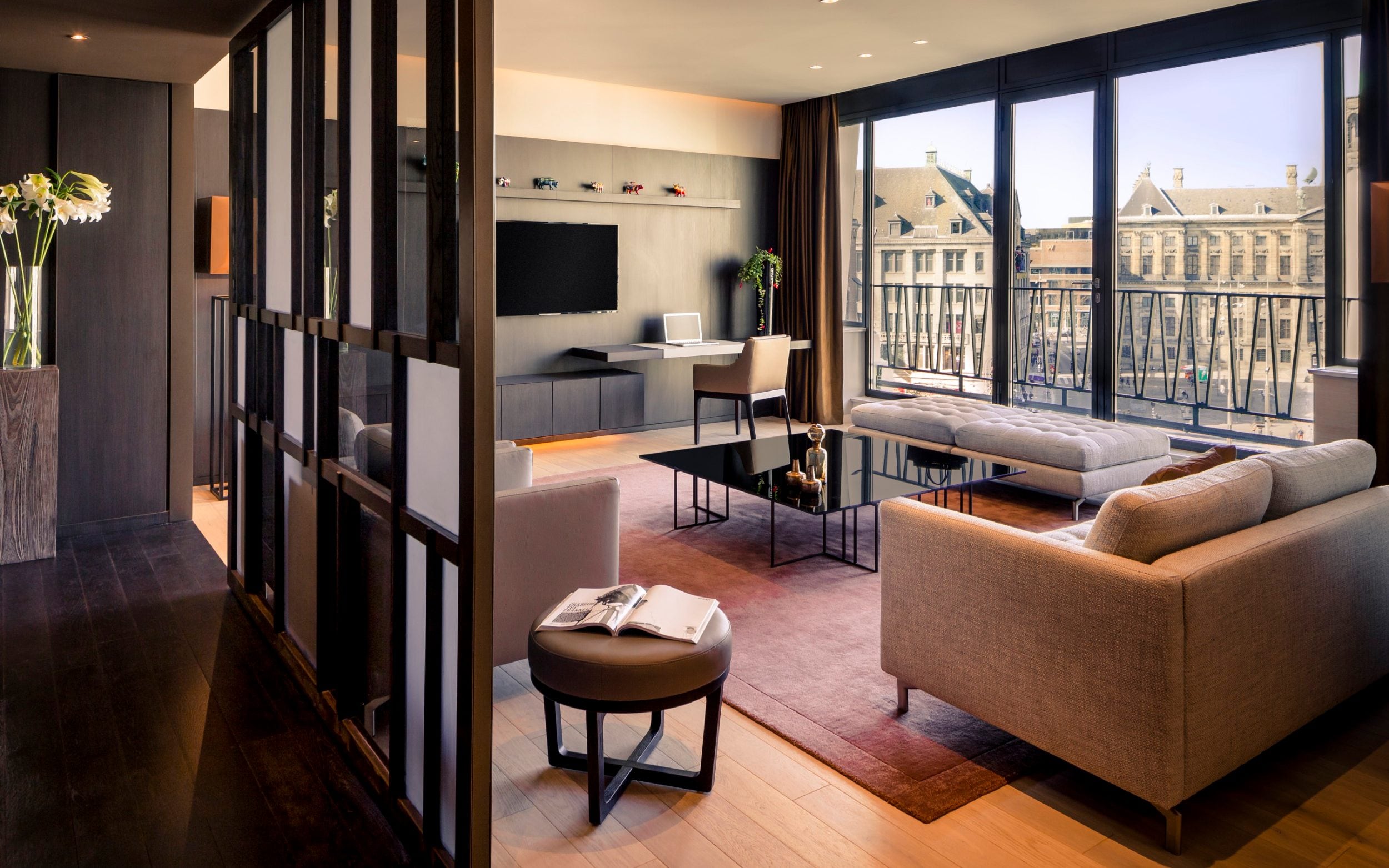
The Anantara The Marker Dublin is a decidedly modern building situated in the heart of the city's docklands. I previously stayed there once in a previous incarnation and again when it became an Anantara property. To be honest, I couldn't discern any significant changes, which is beneficial for Anantara, as they acquired a hotel that didn't require major improvements. The brand now has an established presence in Ireland, thanks to this move. This is one of the primary reasons why Asian brands choose to expand into European markets.
We all have preferred hotel brands, just as we do favourite airlines. I generally look for a Park Hyatt or a Peninsula in a city when I travel because of my previous positive experiences with both chains. Something like the St Regis, however, is less reliable. It’s not as consistent.
If you're a loyal Mandarin Oriental customer, you've probably joined the "Fans of MO" scheme, which is free and doesn't use any points system. Perks include late check-out, as long as you book directly through the hotel's website. You won't find economy-class rooms at a MO hotel, and receiving a little extra hospitality as a regular customer does build loyalty.
It's the exact opposite of what has happened with British Airways, which has thrown its achievable tier points for Silver and Gold status down the drain, creating a crisis that no plumber in the world could fix in terms of the bad press it's received and the mass exodus of customers (including myself) who have switched to cheaper airlines with the promise of fast-track security and lounge access. It takes a long time to build loyalty with a customer, but just a day to lose it.
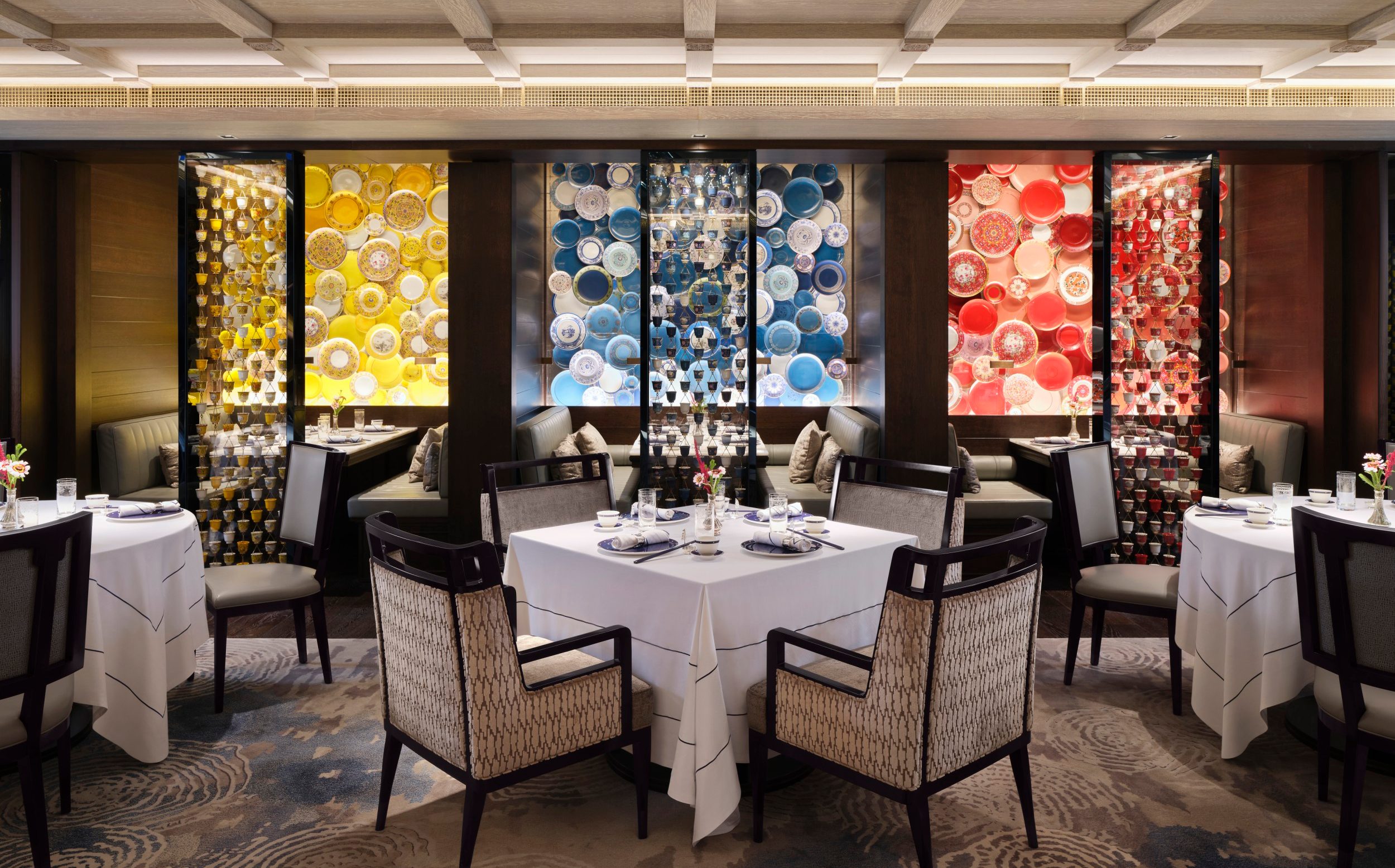
As with luxury fashion, when expanding Asian five-star hotel brands, the focus is on growing the brand, while preserving a sense of exclusivity and reliability. Anantara still hasn't yet achieved the prestige that Mandarin Oriental possesses, but it is most certainly a competitor nonetheless. A crucial factor in takeover strategies is the current cost of building a hotel from scratch.
The Peninsula London construction and opening costs over £1 billion. It's normally developers who cover the cost and bring in an established brand for management and branding. New builds in the mid-2020s are prohibitively expensive. Out of the 43 MO properties currently open, only 20 are owned by the company itself. It makes sense to follow the LVMH approach, taking over an existing business and amending it as part of the group. Just as France excels at fashion, Asia shines in hotel management.


Post a Comment
0Comments